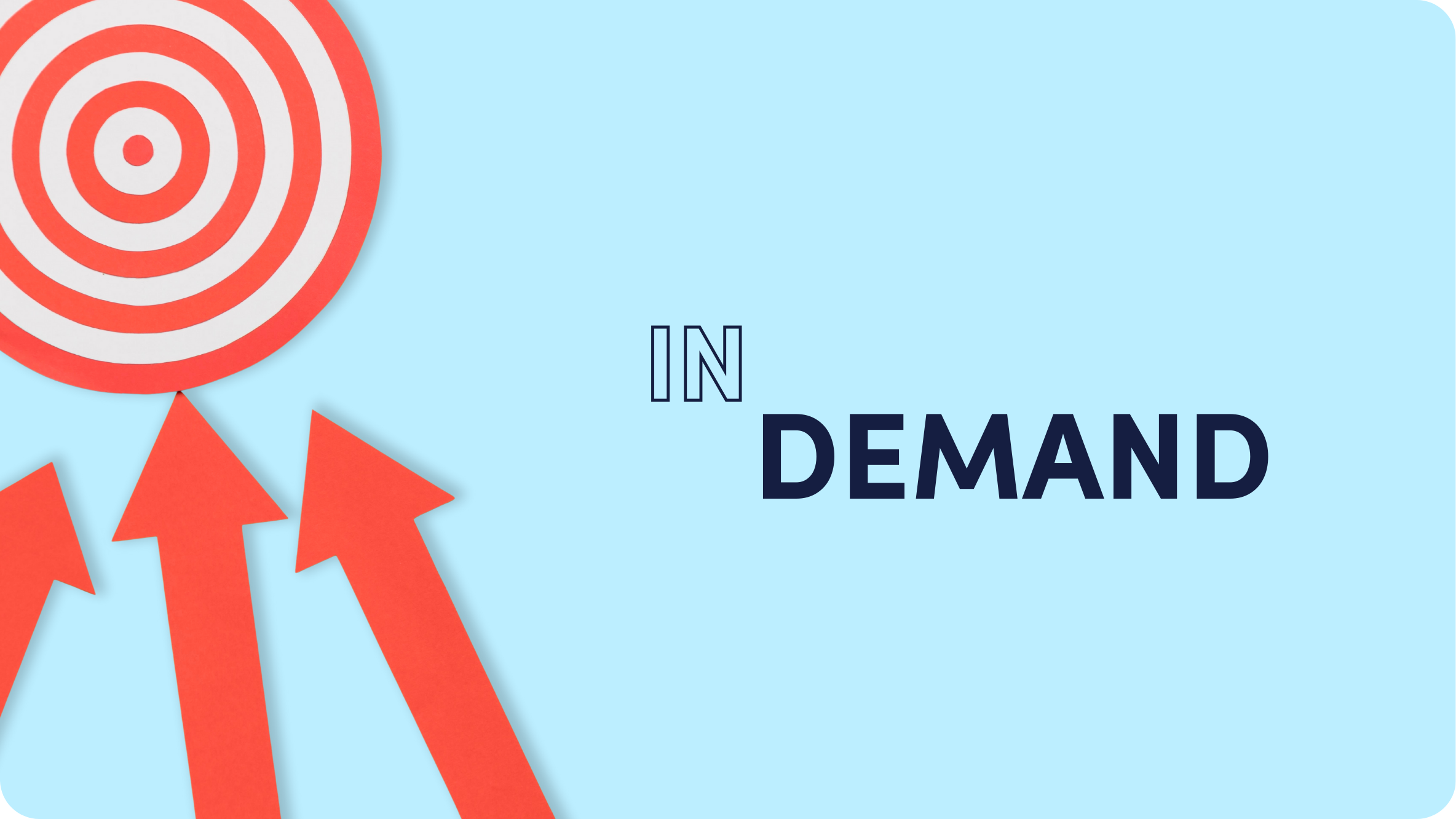Branding Vs. Marketing: Understanding the Difference

Have you ever wondered about the difference between branding and marketing? If so, you are not alone.
As a business owner or aspiring marketer, it is essential that you understand branding and marketing, conceptually and tactically, so you can do both effectively. Let’s take a look at each in turn, and how they differ.
What is Branding?
Branding is who you are, the very identity and character of your business, while marketing is how you build brand awareness. Branding is your strategy, while marketing encompasses your tactical goals.
In order to determine your brand identity, you need to ask yourself several questions. These questions go beyond industry cliches, and they are deeper than a mere description of your services or products.
The questions below are an excellent place to begin:
- What are your core principles and values?
- What is your mission statement?
- What inspired you to build your business?
- Why do you want to offer your products or services to your target audience?
- What makes you unique?
- What is your internal company culture?
- What is your professional sense of style?
- What are your communication characteristics?
- What do you want to come to mind when someone hears your business name?
- How do you want people to feel when they think of your business?
- How do you want customers to describe you as a company?
Invest your time in giving detailed answers, and bounce them off your colleagues and professional mentors. What you will notice is that all of the questions are related to your internal operations and culture. What you build on the inside is what will emanate externally as your brand.
Your branding will dictate what your consumers can expect of you, and what they will experience when they use your products or services or interact with your company. By clearly defining who you are, you are setting up a strong brand foundation that will underlie every aspect of your marketing efforts.
What is Marketing?
Marketing is the methods, tools, and tactics your business uses to communicate your brand identity and message and to drive customer interest, engagement, and ultimately, sales.
Marketing campaigns continually change and evolve based on a wide range of parameters, including consumer sentiment, the economy, competitors, and even seasonality. They are also targeted towards different segments of your audience, all while supporting and reflecting the core values of your brand.
Marketing is a vast umbrella, incorporating several tools, tactics, and vibes, depending on the audience and the moment. Marketing can be heartfelt, funny, or serious. It can be any mix of content, including text, keywords, images, videos, and memes.
Marketing can be executed with traditional offline methods, and online with digital-based tactics. Some of the most common current marketing approaches include:
- SEO/SEM
- Content marketing
- Social media marketing
- PPC (Pay Per Click) marketing
- Native advertising
- Mobile marketing
- Email marketing
- OOH (Out-of-Home) advertising
- TV/CTV
- Radio
- Print campaigns
- Event marketing
Among the many methods of both online and offline marketing, the ones you use will change depending on the audience, message, and campaign goal. For example, Black Friday marketing may demand a strong burst of PPC ad campaigns to grab audience attention during a high potential, yet limited season. Email marketing is useful once you have built up a customer list, while billboard ads might be a good idea for a local business targeting a geo-specific audience.
No matter what marketing tactic you use, your brand should remain constant across all of them.
Which Comes First, Marketing or Branding?
Branding is at the core of your marketing strategy, so branding must come first. Whether a small business, startup, or large company, it is essential to clearly define who you are as a brand, before you begin to devise your specific marketing methods, tools, strategies, and tactics.
Branding encompasses your company’s values, such as quality, community, convenience, communication, or an ongoing commitment to a specific need or pain point of your target audience. It underlies every move you make and every interaction with customers – every transaction, phone call, or email. Marketing is a layer above that; marketing happens in ‘campaigns’ – targeted activities that run for shorter periods, like a native ad campaign or social media campaign. In addition, some marketing tactics are longer term and ongoing, like SEO or organic social, and results take longer to achieve.
While marketing methods will change in response to industry and cultural trends, branding should remain consistent. Even if you make adjustments to your brand, they will typically be in response to your growth or expanded services offered, and rarely an overhaul of your core principles, mission, or values.
Connecting Branding and Marketing
A company looking to increase sales and revenue could rely just on standalone marketing tactics, like SEO keyword research or paid ads. But if you want to increase awareness, engagement, and conversions, then you need strong branding too.
If customers do not feel ‘in touch’ with your brand, they won’t be as loyal, and your conversions will be lower.
Branding is what generates a deep and ongoing connection with customers. Market competition is fierce, and there is always another company offering comparable products and services. In many cases, the most important differentiator is not the product or the price point; it is the brand.
Without strong branding, your business may succeed, but with it, your success will be far more substantial. All strong structures must have a solid foundation. By understanding the difference between marketing and branding, and excelling in both, you can build a strong brand, and then extend your business success with the right marketing.










